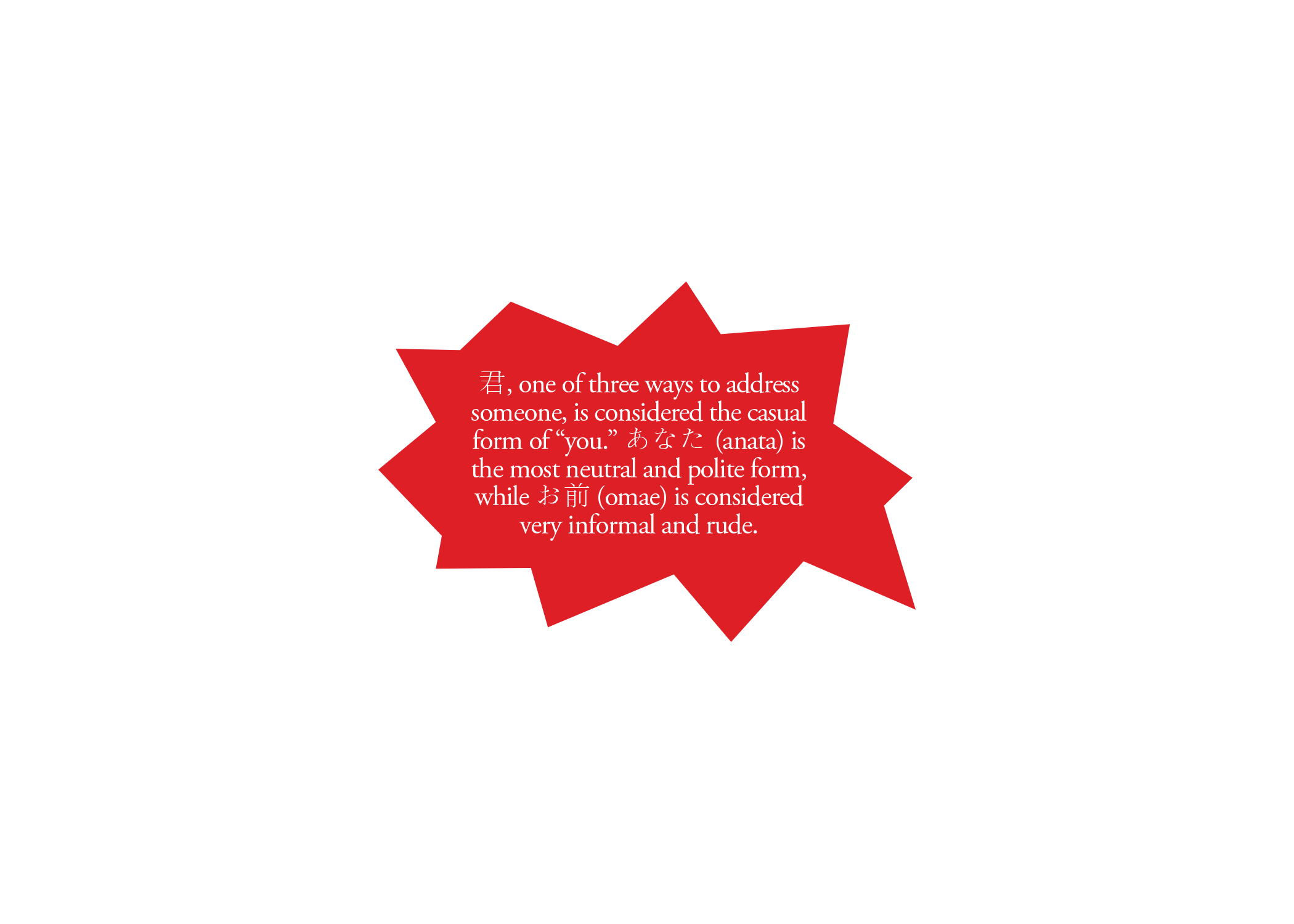Friendly fire
When it comes to insults, creativity knows no bounds — especially across different languages. While English has its fair share of colorful jabs, many Asian languages take insults to another level, blending humor, cultural context and sheer linguistic flair. From sharp-witted to affectionate, these insults reveal how language shapes the way we tease, criticize and express frustration. Hopefully you can add some new insults to your verbal artillery!
돌대가리 Korean dol-dae-ga-ri (stone head)
Weinberg fourth-year Jamie Kim first encountered the insult 給渠陛葬 while watching The Penthouse: War in Life, a K-drama that follows a group of rich families living together in a fancy penthouse in Seoul who scheme and sabotage to maintain power. The insult, flung with perfect fury, was both unfamiliar and instantly amusing — something about the rhythmic four characters made it extra satisfying. Despite never having the perfect opportunity to use the insult in real life (yet), Kim still occasionally revisits clips from the show just to relive the magic. After all, there are many ways to call someone dumb, but 給渠陛葬 brings a unique creativity that elevates the art of the insult.
उल्लू का पट्ठा Hindi ullu ka patha (son of an owl)
Aren’t owls supposed to be wise? It turns out owls are associated with ill-gained wealth and foolishness in India, making उल्लू का पट्ठा a go-to phrase for calling someone an idiot in the most delightfully absurd way possible. Weinberg third-year Ishani Pidara has heard this insult countless times, especially when her mom is driving down the busy streets of Chicago and gets cut off by a driver. In her family, the insult isn’t dramatic or harsh but a light-hearted way to express mild frustration (or pure exasperation). For Pidara, it’s just one of those silly insults that somehow never gets old, no matter how many times she hears it.
小懒猪 Chinese Xiǎo lǎn zhū (lazy little pig)
Weinberg third-year Skyla Kiang has been called a 小懒猪 more times than she can count. When she would sleep in on weekends in high school (as one does), her mom would bust open her door and, without fail, declare the phrase.
Despite the “pig” part, it’s not an insult to take seriously — it’s more of a playful nudge, like being called a sleepyhead. In her groggy state, Kiang barely registered it anyways. She was too busy trying to wake up and find caffeine. If anything, she knew it was just her mom’s way of teasing her for loving sleep a little too much. And honestly, who wouldn’t want to be a cozy, well-rested 小懒猪 on the weekends?
君 Japanese kimi (you)
The Japanese language doesn’t use explicit swear words in the same way that English does, but word choice can still pack a punch — especially when it comes to how you address someone. Japanese is a tiered language, with different levels of formality depending on to whom you’re speaking. Even the word “you” has variations.
So, when Weinberg fourth-year Lilly Tokoro’s supervisor at her summer internship in Japan casually addressed her as 君, it came by surprise. Although the word itself isn’t rude, people rarely use it in professional settings. Hearing it directed at her felt strangely condescending. In a language where subtlety is everything, even a simple “you” can carry a lot of weight!
Don’t be a lazy little pig.
by Cate Bikales


